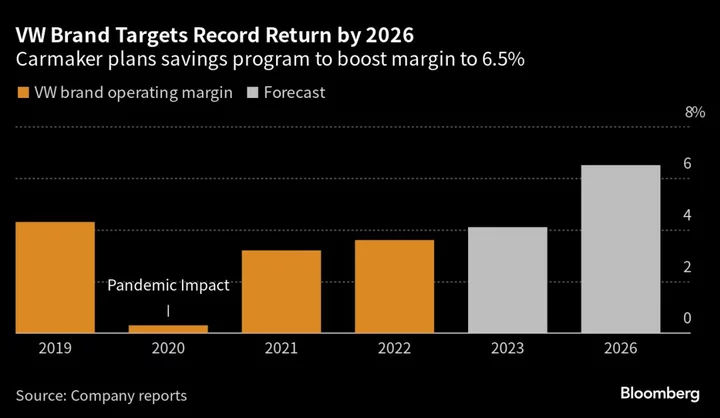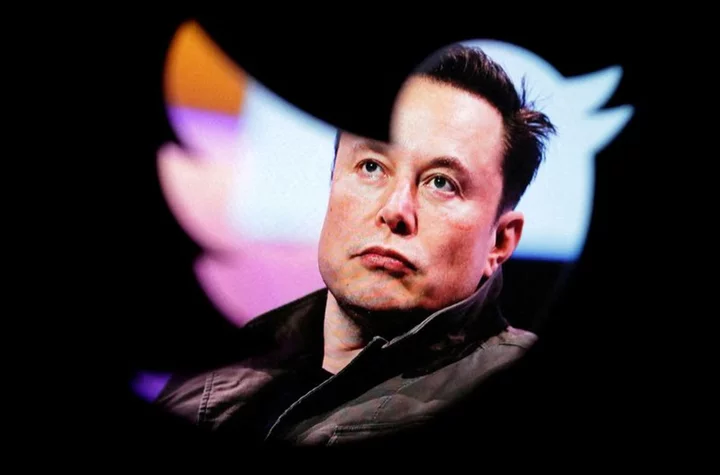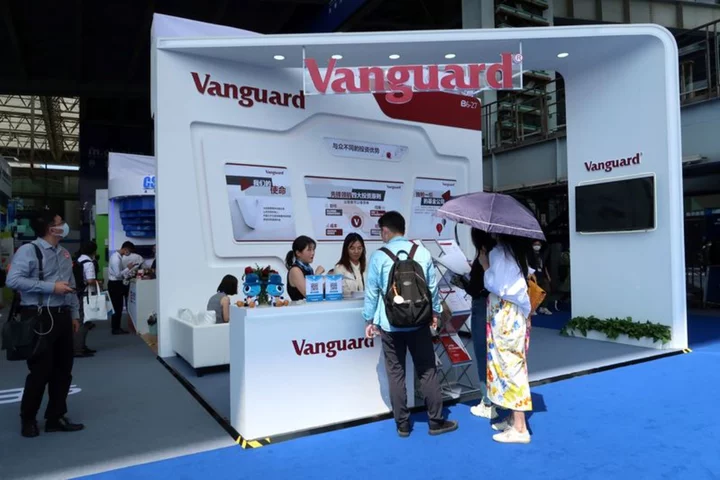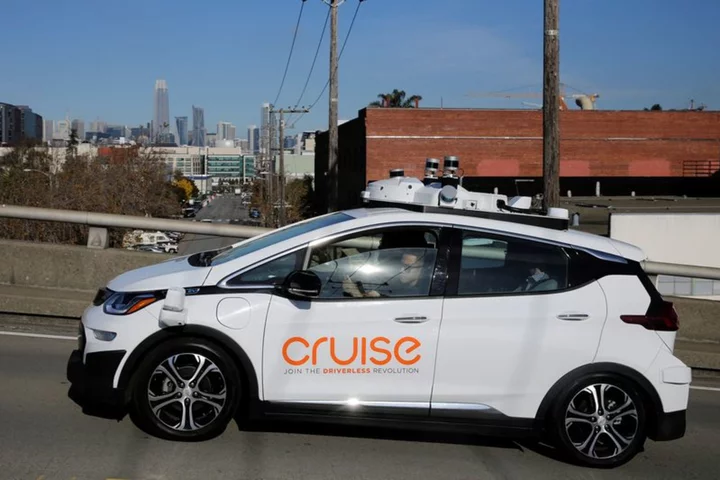Volkswagen AG’s boss has handed the company the tall order of raising returns while making the switch to electric cars that are still less profitable than their combustion-engine siblings.
By 2030, VW seeks to lift its group margin to 9% to 11%, compared with last year’s 8.1%. Much of the success of this push will hinge on fixing the VW brand that has only made limited progress in improving returns with margins still trailing competitors like Stellantis NV.
To get there, Europe’s biggest carmaker will hand more decision-making power to its mass-market and luxury brand groups, allowing them to set their own cost savings and efficiency goals. The bet is that, on their own, the likes of Audi, VW and Skoda will be more nimble in tackling bloated structures that have long slowed the carmaking behemoth’s bid to catch up to EV leaders Tesla Inc. and China’s BYD Co.
“We are facing new entrants who are aggressively pushing into international markets,” Chief Executive Officer Oliver Blume said Wednesday during an investor briefing at Germany’s Hockenheimring racing circuit. “That’s why we also need to change at rapid speed.”
Read more: China’s BYD Is Taking On the World EV Market—Except in America
The stake are high. VW, while still delivering strong profits driven by its Porsche and Audi brands, has lost its sales lead in China after more than two decades. Software snafus have irked customers and delayed profit-driving models like the electric Porsche Macan and Cayenne.
VW’s mass-market and luxury vehicle groups will implement their own programs to increase margins with a broader EV lineup and a range of cost cuts led by factory and labor efficiencies. The group is still targeting annual sales growth of 5% to 7% on average until 2027.
“It’s like in a fitness center,” Blume said, where “everyone on the team is training, and as everybody gets fitter, so does the Volkswagen Group.”
Reaching those goals, particularly on cost savings to boost VW brand returns to a record 6.5% by 2026, Blume will need to align VW’s many factions — from the Porsche-Piech billionaire owner family to Germany’s powerful labor unions who can significantly water down any measures.
While VW realigns, the competition isn’t standing still. Stellantis plans to start sales of the Citroen e-C3 city car priced at less than €25,000 from the start of next year. VW’s ID.2, targeting around the same price level, won’t hit showrooms for another couple of years, with European carmakers struggling to come up with affordable EVs that generate sufficient returns because of high battery costs.
VW’s upcoming electric vehicle platform from 2026 is set to deliver vehicles with margins at parity with most equivalent combustion-engine models across all segments, Blume told analysts Wednesday. To power the shift, the carmaker is trying to secure battery supplies by setting up plants in Germany, Spain and Canada and is spending €20 billion this decade to turn its one-year-old PowerCo battery unit into a behemoth with enough cell-making capacity for 3 million EVs a year.
In China, where VW is facing fiercer competition from state-backed local rivals like BYD and Nio Inc., the carmaker targets keeping market share roughly stable at 15% — a tough task given its EVs have done poorly there.
Despite the challenges, the company retains significant investment firepower. VW has earmarked €180 billion as part of a rolling five-year plan that will be spent on software, EVs and turning around its business in China. In the medium-term, the pace of spending is set to slow, the company said Wednesday. The investment ratio for the group will drop to below 11% by 2027 and to around 9% by 2030, it said.









